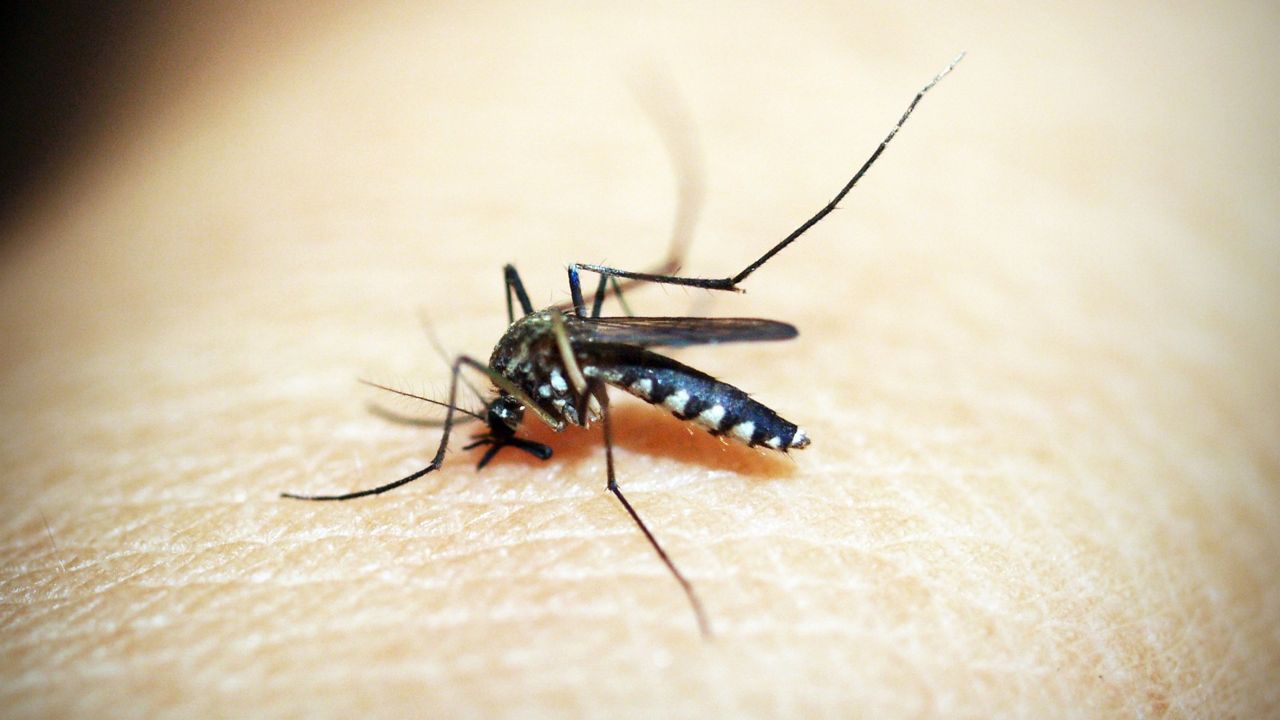FLORIDA — Following lengthy federal and state procedures, the Florida Keys Mosquito Control District this week approved a plan to release more than 750 million genetically modified mosquitoes in the Keys region to combat an invasive, disease-carrying species of the insect.
The genetically altered mosquitoes, named OX5034 by Oxitec, the biotech firm that engineered them, are to be released in batches beginning in 2021. They are all male, and meant to mate with the females of the species Aedes aegypti, which came from Africa and is known to carry such diseases as zika, dengue and yellow fever, and render them unable to produce any viable offspring.
What You Need To Know
- The Florida Keys Mosquito Control District will release 750 million genetically modified mosquitoes starting next year
- The genetically modified mosquitoes will mate with a disease-carrying invasive species and prevent reproduction
- Environmental groups say there's no telling what might happen when the species is introduced into the environment
Because only the female of the species bites and sucks the blood of other animals, the architects of the plan believe the project poses no danger to humans, nor the environment. Its opponents, however, claim there’s really no telling what could happen when a genetically modified species is released into the wild.
In a statement posted to the International Center for Technology Assessment and Center for Food Safety’s website, policy director Jaydee Hanson called the project “a Jurassic Park experiment.” The statement went on to quote Florida Keys Environmental Coalition Executive Director Barry Wray as saying “FKMCD wants to proceed with an experiment that may be damaging to public and environmental health and our local economy.”
While the initiative is certainly not without its inherent unknowns, the Florida Keys Mosquito Control District has struggled mightily to eradicate Aedes aegypti, which makes up only one percent of the area’s mosquito population yet remains a serious health threat. Past attempts to control the mosquito population, such as the use of chemical sprays, have come up wanting—and all of them have provoked opposition from factions ranging from health experts to environmental advocates.
Should Florida residents be worried about an infestation of mutant mosquitoes descending upon their communities? Probably not—according to the American Mosquito Control Association, the average (i.e. non-genetically engineered) mosquito has a flight range of from one to three miles.
And in any case, Oxitec can probably engineer some genetically modified bats to eat the engineered mosquitoes when all of this is over.



